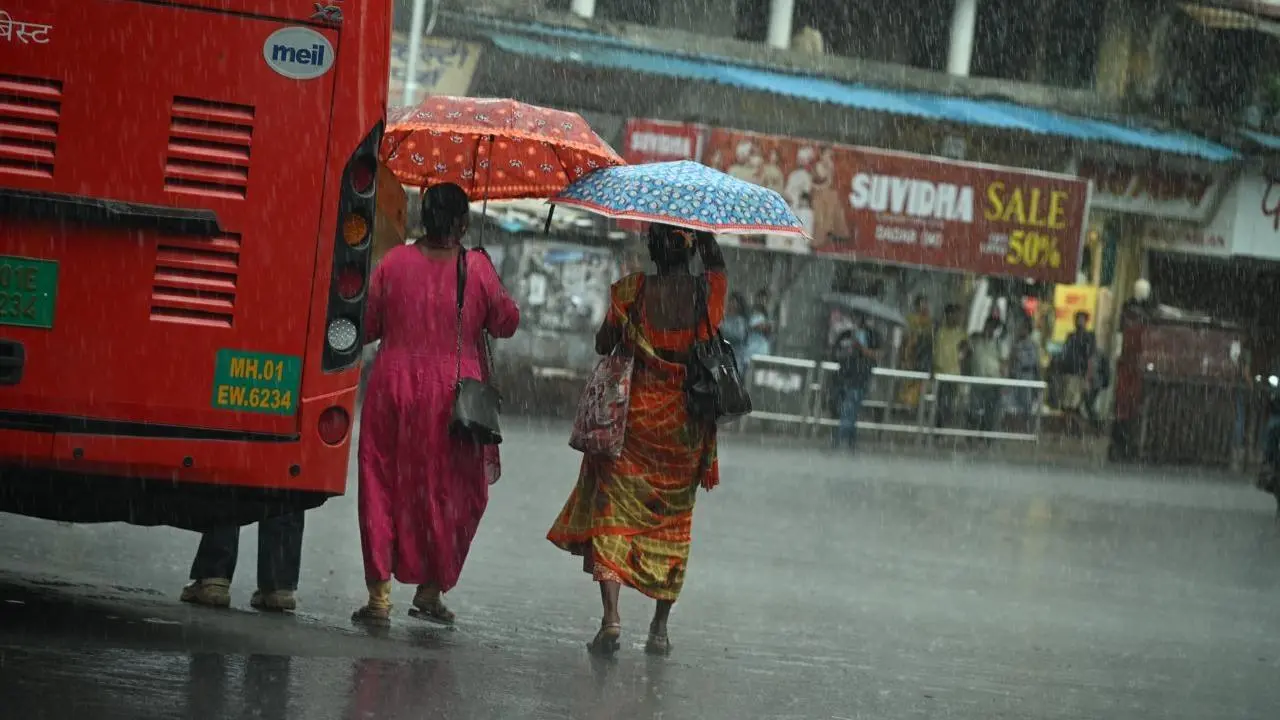Tinubu Calls for Fair Energy Transition at ECO Summit in Azerbaijan
President Bola Tinubu, on Friday, called for a fair energy transition that will not jeopardise developing economies amid growing advocacy for cleaner energy.
The president spoke at the 17th Summit of the Economic Cooperation Organisation (ECO), with the theme, “New ECO Vision for a Sustainable and Climate-Resilient Future”, which commenced in Khankhendi, Azerbaijan.
Tinubu pointed out that given the adverse effects of climate change—including devastating droughts, floods, desertification, and extreme heat waves—a climate-resilient future remained essential.
Represented by Minister of Budget and Economic Planning, Senator Abubakar Bagudu, the president said, “Nigeria, endowed with both fossil and renewable energy, also supports a just energy transition.”
He, therefore, sought the ECO members’ partnership to expand access to cleaner energy technologies, share technical expertise, and invest in regional power pools to bring electricity to communities currently without it.
The president stated that since COP29, the world had recognised that climate change is not a distant threat but a clear and present danger, as reflected in adverse droughts, floods, desertification, and severe heat waves.
He said this had deeply affected humanity, engendered food insecurity, displacement, and economic disruption.
The president, however, pledged that Nigeria, as Africa’s most populous nation and an economic gateway to West Africa, stood ready to work closely with ECO member states to integrate climate adaptation, mitigation, and green industrialisation into every aspect of its cooperation.
Tinubu stated that the country had taken deliberate and conscious steps to address the challenges of climate change and related concerns, noting that as the nation wound down the implementation of its National Development Plan (NDP) for 2021-2025, efforts were ongoing to develop a successor plan, the NDP for 2026-2030.
Tinubu said, “It is not by accident that the Plan is designed to end in 2030, which is the deadline for the Sustainable Development Goals (SDGs).”
Addressing the summit, he said, “It is to ensure that Nigeria stays on track in implementing the SDGs”, adding that the plan was also to integrate climate change and related issues, including diversification, adaptation, and mitigation, into the nation’s national development planning for sustainability.
Tinubu stated that true sustainability is impossible without interconnected economies and argued that the challenges of climate change require global resilience through stronger infrastructure, smarter energy systems, and the integration of trade corridors.
Subsequently, he stated that Nigeria would advocate for a strengthened ECO-Africa Trade Corridor that would harmonise tariffs, streamline customs procedures, and establish multimodal logistics platforms capable of efficiently connecting Africa with the rest of the world.
He stated Nigeria would also push for Energy Interoperability and Transition, explaining that the shift from fossil fuels to renewable energy must be managed in a way that considers economies in transition.
The president made a compelling case for inclusive growth, urging ECO members to prioritise empowering vulnerable groups.
In a statement, he said, “As we all know, no vision for sustainability is complete without inclusive growth. The benefits of trade, transport, and energy must reach rural farmers, fishing communities, livestock sector stakeholders, young people, and women entrepreneurs.
“Nigeria urges the ECO to, empower youth through skills, entrepreneurship, and digital inclusion; promote gender equity in regional trade and energy access; and mobilise public-private partnerships to fund grassroots climate adaptation, from regenerative agriculture to local green enterprises.
“The road to 2030 and beyond must be paved with policies that leave no one behind.”
He said that as efforts were being made to align with the outcomes of COP29, it was time for the ECO to emerge as a unified bloc championing climate justice, equitable financing, and fair-trade terms on the global stage.
The president said, “Nigeria stands ready to support Climate actions, invest in innovation, and protect our most vulnerable populations. Let our unity serve as both a shield and a ladder for resilience and shared prosperity.”
“Let us imagine a future where our highways do not just move goods, but connect dreams. Where our power grids light up not just cities, but ideas. Where trade becomes a tool not for competition but for cooperation and peace.”
He expressed gratitude to the government and people of the Republic of Azerbaijan for the invitation and warm hospitality extended to his delegates, and he commended President Heydar Oghlu Aliyev for hosting the summit at a time when the global community faced uncertainties amid economic challenges.
In his speech, Aliyev thanked the participants for honouring Azerbaijan with their presence, praising the country’s active involvement in ECO’s activities.
He said, “This year, for the first time, ECO Week is being held at Azerbaijan’s initiative. The ECO Business Forum in Shusha, the Youth Forum in Aghdam, and the Women’s Forum in Lachin have taken place.”
He stated that work was underway to ensure the launch of ECO’s Research Centre and Clean Energy Centre, which Azerbaijan will host. He also expressed gratitude for the declaration of the city of Shusha as the ECO Tourism Capital for 2026.
He expressed delight that economic cooperation would be the main focus of the summit’s discussions, explaining that Azerbaijan benefits from a favourable investment climate that has attracted around $350 billion in investments over the past 20 years.
Aliyev stated that Azerbaijan had secured the energy supply for several nations and exports natural gas to 12 countries via multiple pipelines.
Additionally, he stated that most ECO member states utilised their East-West and North-South transportation corridors that run across Azerbaijan.
Iran, Pakistan, and Turkey founded the ECO in 1985 to encourage economic, technical, and cultural cooperation among its member states. It replaced the organisation Regional Cooperation for Development (RCD), which operated from 1964 to 1979.
It includes Turkey, Iran, and Pakistan (Founding Members), as well as Afghanistan, Azerbaijan, Kazakhstan, Kyrgyzstan, Uzbekistan, Tajikistan, and Turkmenistan.
James Emejo
Follow us on:









